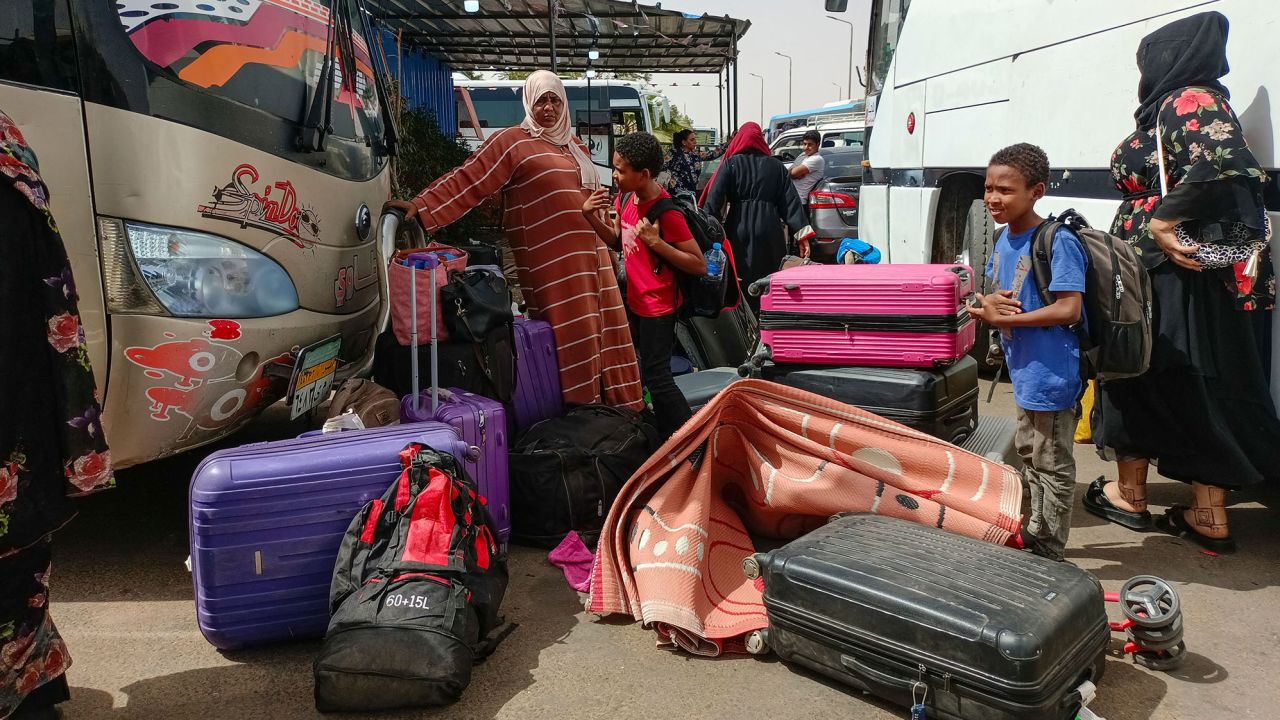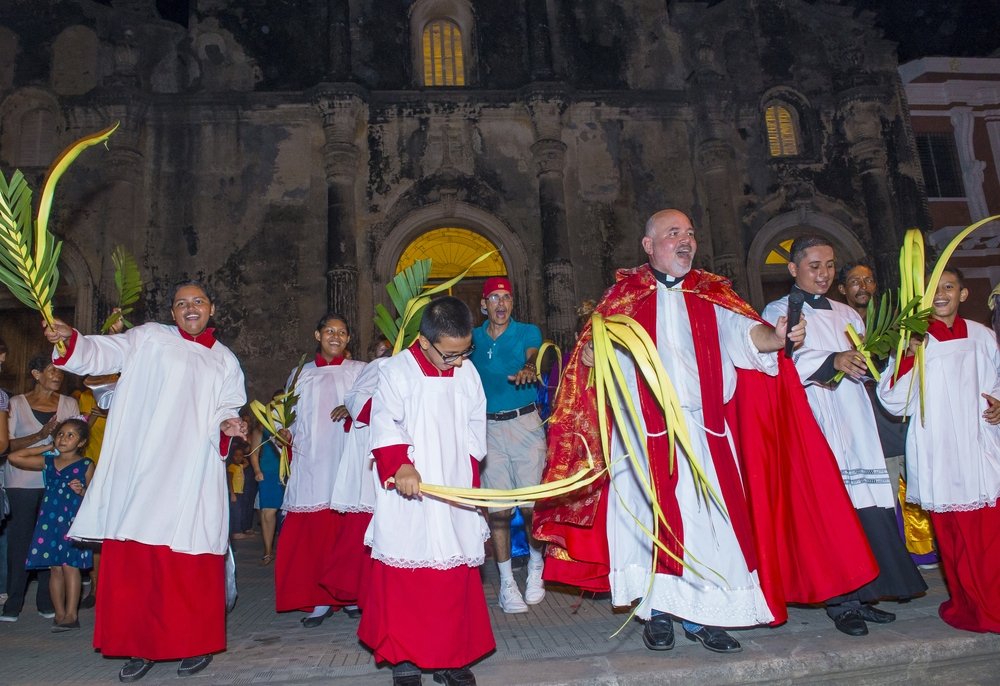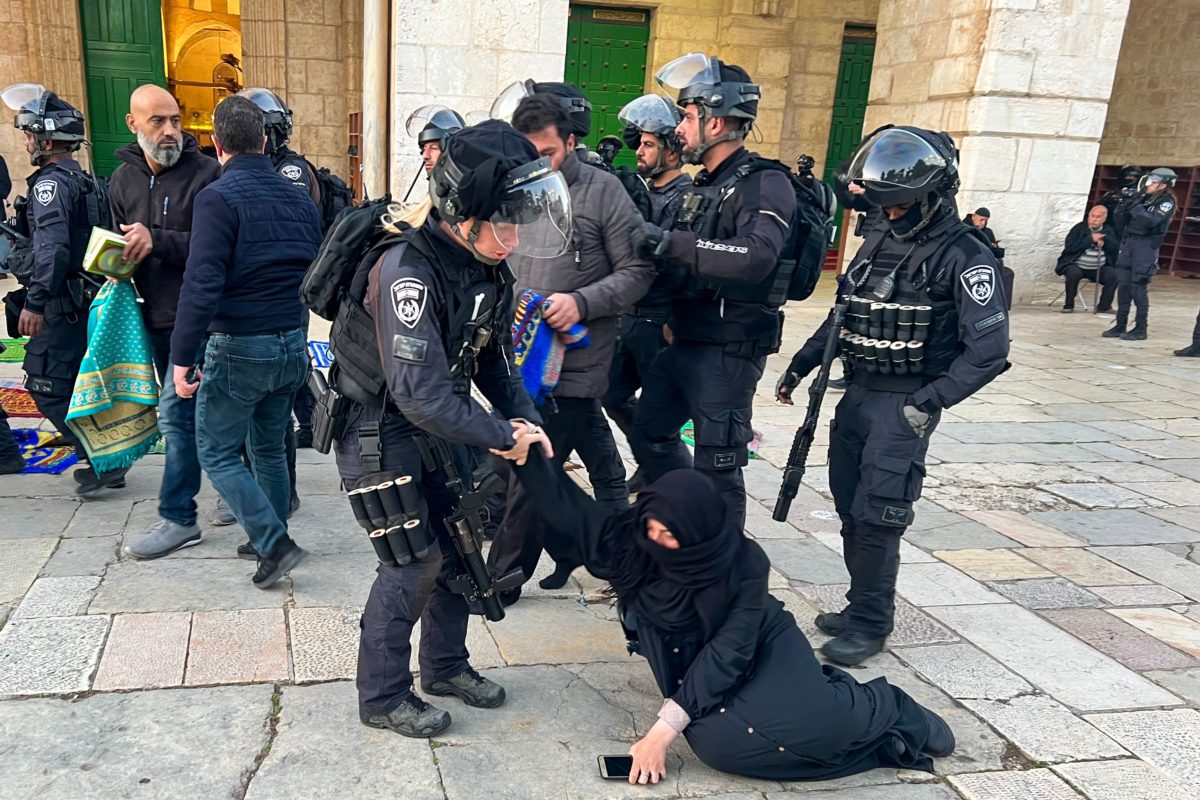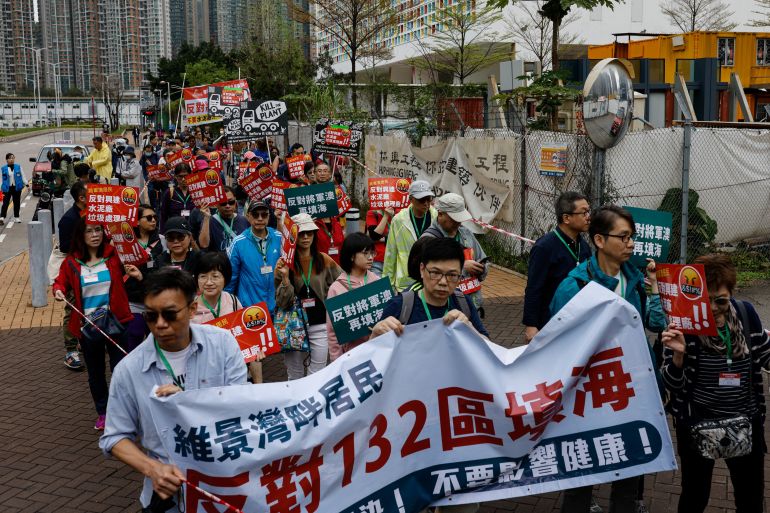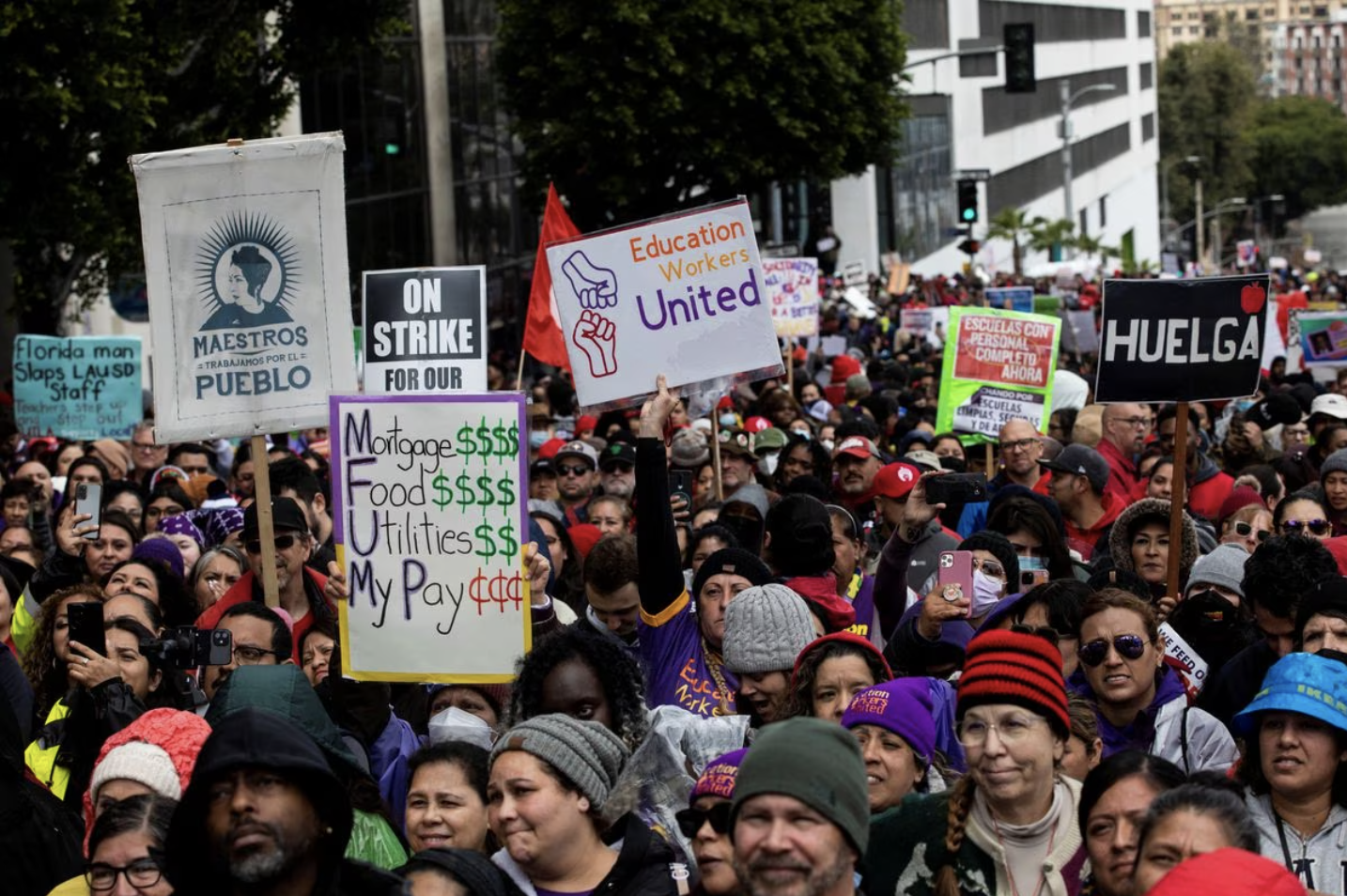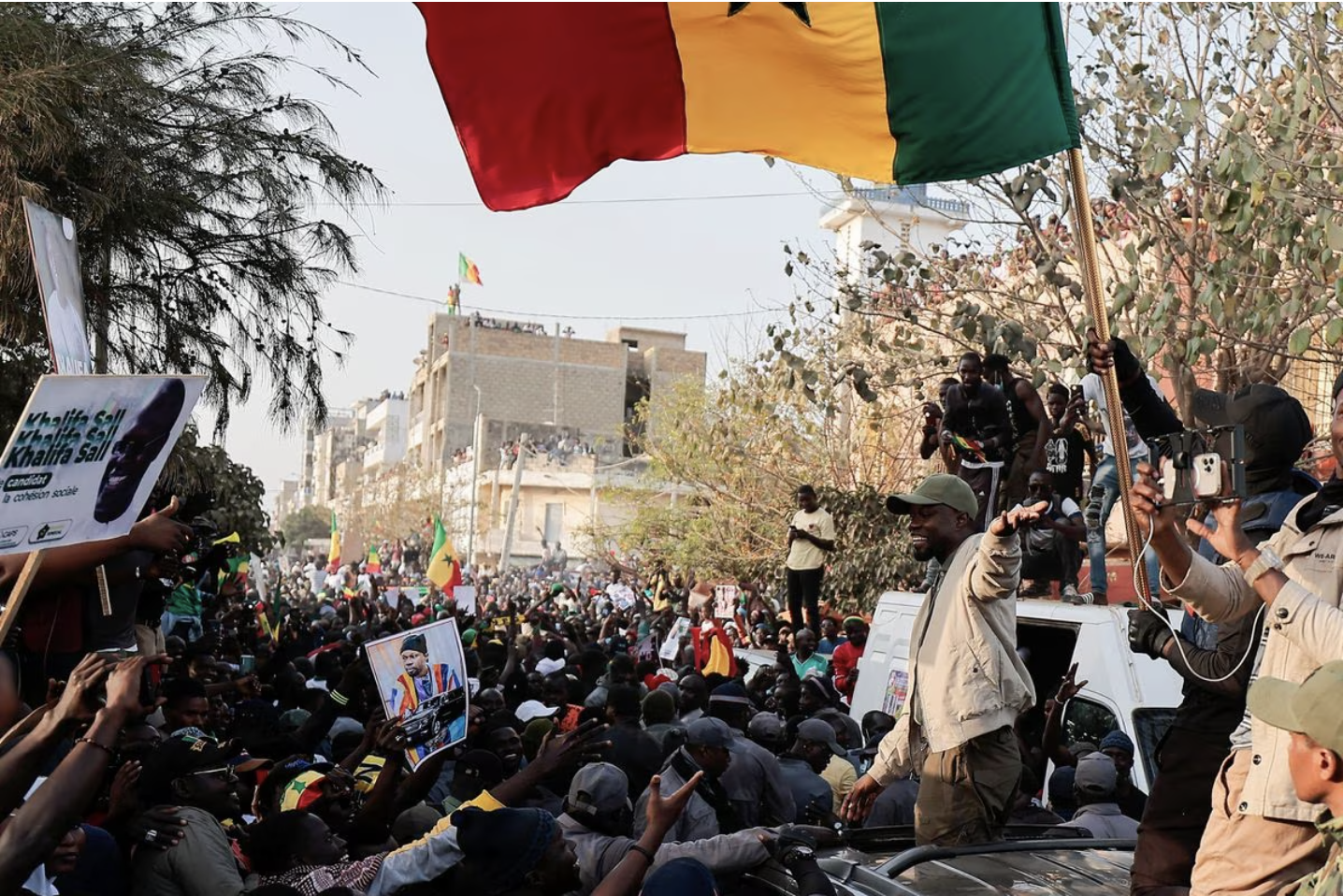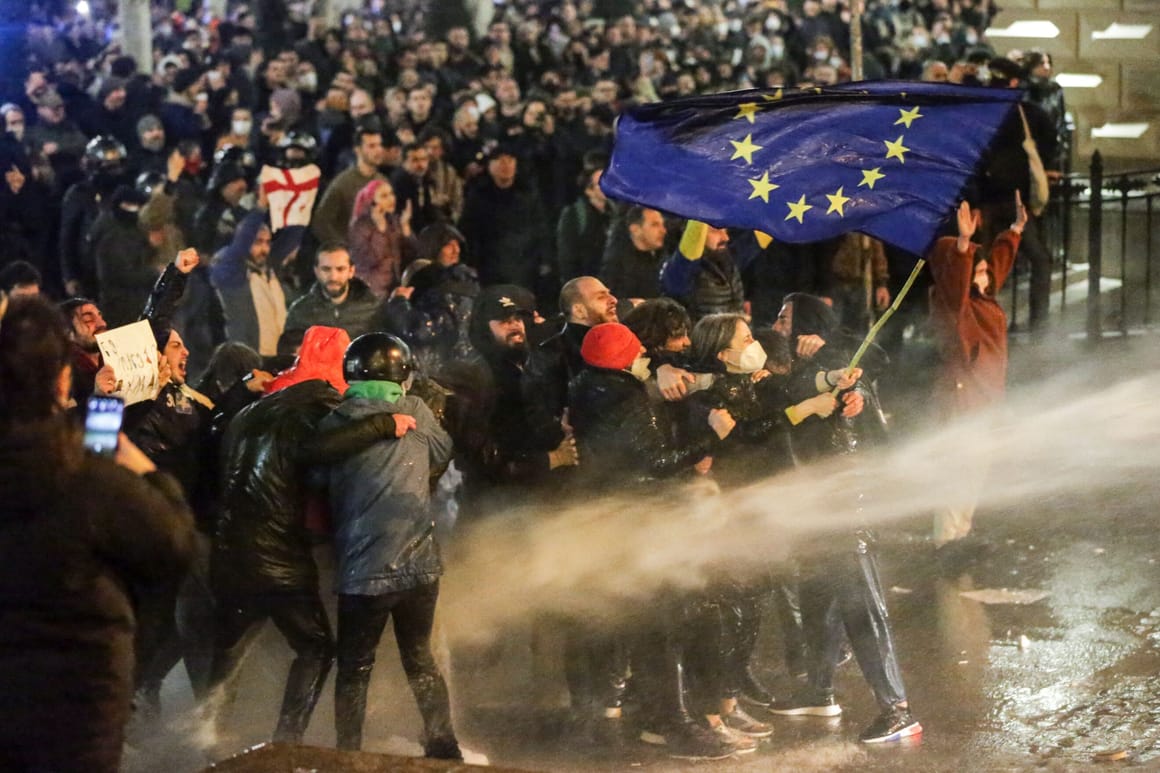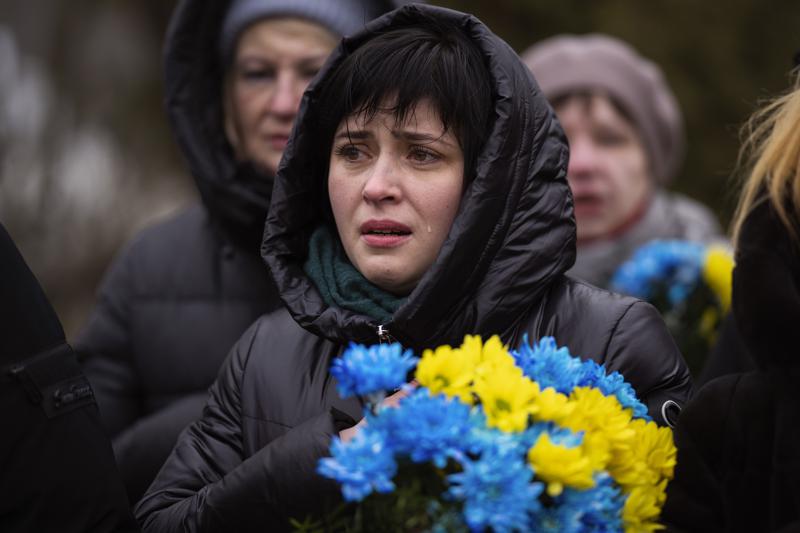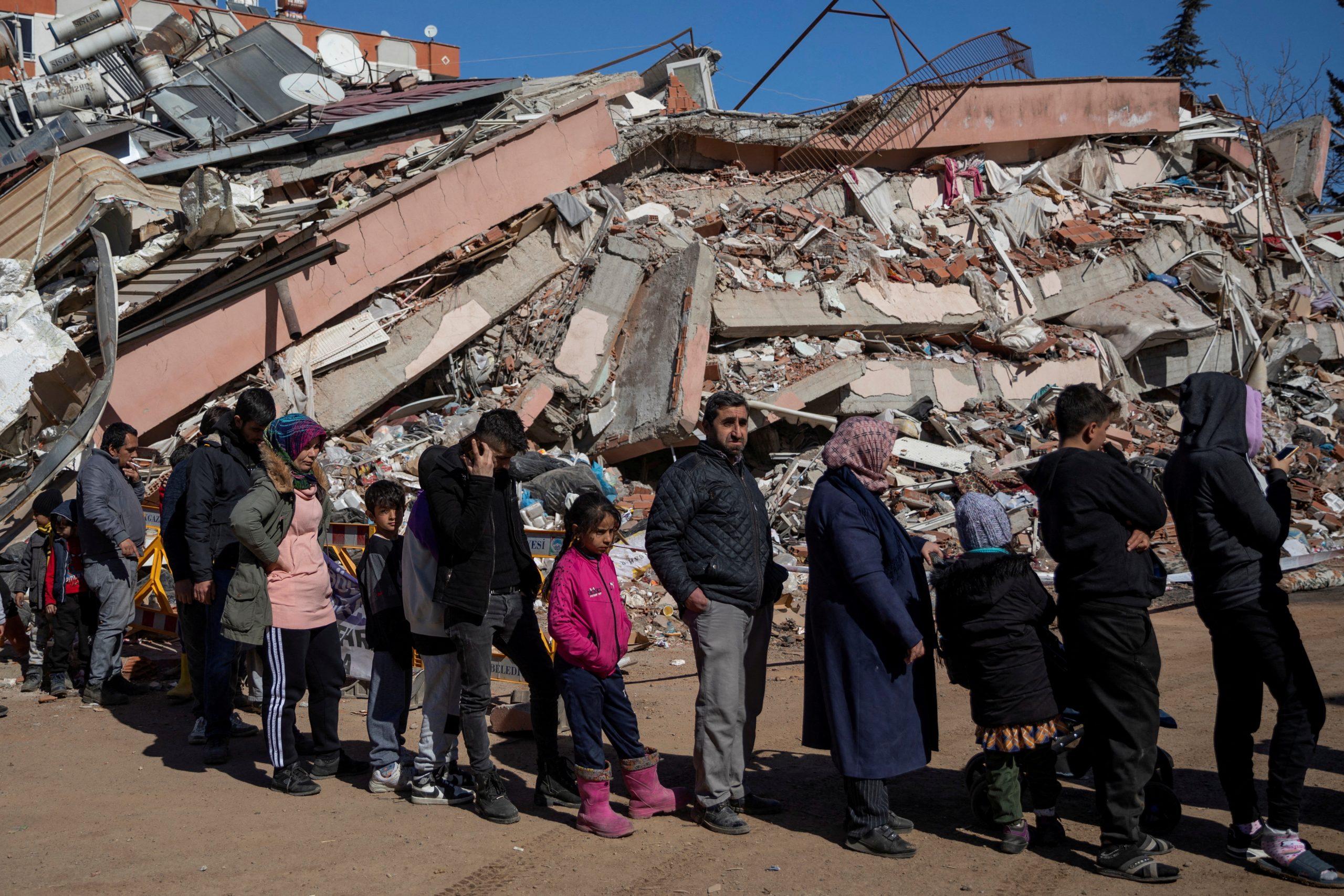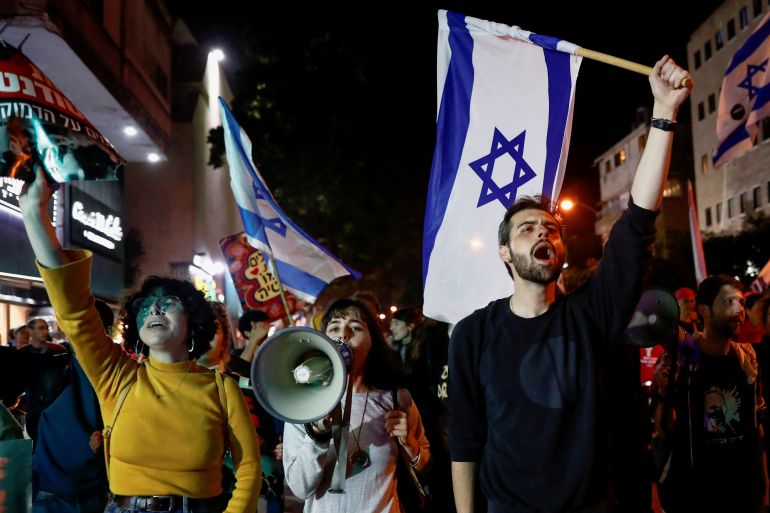Dear Friends,
CANVAS is delighted to bring you another issue of our weekly report!
Conflict Update:
Chinese President Xi Jinping and Ukrainian President Volodymyr Zelenskyy have spoken for the first time since Russia invaded Ukraine, with Beijing saying it wanted to send an envoy to Kyiv to serve as a mediator to pursue a “political settlement”. Beijing presents itself as neutral and a potential peacemaker, but in practice China has largely supported Russia’s stance. And, at least 12 people have been killed and several injured after Russian forces attacked cities and regions across Ukraine, including the capital Kyiv, in a series of night-time air raids.
Peru’s police and military have violently suppressed anti-government protests, resulting in deaths that likely amount to “extrajudicial or arbitrary killings” under international law. 49 people have been killed by Peru’s security forces as they responded to the protests with extreme force against demonstrators and bystanders. More than 1,000 people were injured.

Afghanistan:
According to US officials, the Taliban killed the IS leader who was responsible for the suicide attack at the Kabul airport in 2021 that killed nearly 180 people. The IS leader was assassinated in southern Afghanistan in early April during one of the Taliban’s operations against the Islamic State group. The Taliban did not inform the US about the death, but it could draw this conclusion from its intelligence collection.
The UN Security Council unanimously condemned a ban by the Taliban on Afghan women working for the UN in Afghanistan, calling on leaders to “swiftly reverse” a crackdown on the rights of women and girls. The resolution describes the ban as “unprecedented in the history of the United Nations” and says it “undermines human rights and humanitarian principles”.

Iran:
Two renowned Iranian actresses were charged with violating hijab rules, and authorities shut down businesses that offered services to women not wearing headscarves. Iran also seems persistent with its decision to execute Iran-German citizen, Jamshid Sharmahd, an opposition figure who is charged with masterminding a deadly attack, despite German efforts to make Iran reverse this decision.
A senior Shiite cleric on the Assembly Experts, Ayatollah Abbas Ali Soleimani, was killed by an armed guard at a bank. The identity and motives of the guard who killed Soleimani are not known yet, but Iranian officials announced that a special investigation will be conducted. The following day, the Iranian Navy seized an oil tanker coming from the Marshall Islands in the Gulf of Oman. This action was understood as a part of the tensions over Teheran’s nuclear program, while Iranian news claimed that this happened after an unknown ship collided with an Iranian vessel, and injured several Iranian people.

Lebanon:
Amnesty International called on Lebanese authorities to stop the deportation of Syrian refugees. The request comes after Lebanese Armed Forces raided houses occupied by Syrian families across the country and deported dozens of Syrian refugees.
The brother of Lebanon’s central bank governor missed a hearing with European investigators looking into charges that the siblings misappropriated and laundered hundreds of millions of dollars in public money. The brothers dispute their wrongdoing. Meanwhile, an assistant to the governor of the central bank of Lebanon was questioned by European investigators in Beirut on Thursday.

Uganda:
Uganda’s government continues to receive criticism after the parliament passed potentially the world’s harshest anti-LGBTQ law. Uganda’s President Yoweri Museveni asked legislators to make clear in the proposed law that it is not criminal to merely identify as gay. Biden’s press secretary said the administration has “grave concerns” about the impact of the bill and US officials postponed a meeting about the HIV/AIDS program in Uganda to assess the impact of the potential law.

Sudan:
Fighting continues for a second week in Sudan between the RSF and military with over 500 deaths and 4000 wounded. A 72-hour ceasefire was attempted to allow civilians to escape coinciding with Eid but failed. An additional 72-hour ceasefire was attempted later in the week but the fighting did not break. Foreign nations including South Africa, Canada, the US, the UK, Palestine, Iraq, Syria, and Germany began evacuating their citizens but many remain. As the humanitarian crisis also rises, US diplomats warn, “The longer this goes on, the more likely it is that outside actors will start trying to back one general or another, hyper-charging this fight” prolonging the violence.

Zimbabwe:
Farmers continue to seek justice and reach a compensation settlement with the government after hundreds were evicted from their land two decades ago. A plan was initially agreed upon by the Commercial Farmers Union in July 2020 but the timeframe and amounts are still being negotiated. Hyperinflation remains in the country. Leading to 76% of employment in Zimbabwe is now being in the informal sector.

Cuba:
As the US anticipated an increased number of Cuban citizens coming to the States through the Mexican border, it officially resumed regular removals processing of the Cuban nationals “who have received final orders of removal.” Cuban officials confirmed this information, and the first deportation flight from the US to Cuba occurred on April 24.

The United States:
President Joe Biden formally announced that he is running for reelection in 2024. If elected, Biden would become the oldest person elected president of the United States. He faces criticism from inside and outside his party for his age. He hopes that his legislative successes from his first term and the increasingly extreme beliefs of the Republican party will get him elected again.
House Republicans narrowly passed legislation that would raise the government’s legal debt ceiling by $1.5 trillion in exchange for steep spending restrictions. Biden has threatened to veto the Republican package and has so far refused to negotiate over the debt ceiling which the White House insists must be lifted with no strings attached. McCarthy’s ability to unite his slim majority and pass the bill in light of opposition from Democrats and holdouts in his own party gives currency to his strategy to use the vote as an opening bid forcing Biden into talks.

China:
Ukraine criticized remarks made by a Chinese envoy who claimed that Crimea was a Russian peninsula gifted to Ukraine and that ex-USSR countries do not have status under international law. In light of the upcoming meeting with Ukraine, China issued a statement that it respects and affirms the sovereignty of former Soviet Republics and that Beijing’s position is “consistent and clear”.
The meeting between Zelensky and Xi over the phone call raised optimism that China is ready to use its friendly relations with Russia to create prospects for peace talks. According to Zelensky, the meeting was “long and meaningful” and it will “give a powerful impetus to the development of bilateral relations”. However, there are some concerns that China has involved itself as a mediator out of its own interests, to improve its status as an economical and political leader and thus build an international order that favors Beijing’s interests.

Hong Kong:
Hong Kong’s executive leader announced that the city plans to overhaul its district councils. This change will ensure that Beijing loyalists manage municipal-level organizations, eliminating any potential opposition. At a press conference, Chief Executive John Lee stated that the government would not permit the district councils to be used as a platform for calling for the independence of Hong Kong or interfering with its governance.

Indonesia:
A magnitude 7.3 earthquake struck west of Indonesia’s Sumatra Island and sent people fleeing to higher ground after a tsunami warning was briefly triggered. Indonesian authorities urged caution as residents returned gradually to their homes. The number of dead and injured victims is still unclear.
Separatist rebels in Indonesia’s restive Papua region released a video showing the New Zealand pilot they took hostage in February saying that recent Indonesian military attacks threatened his safety. After five Indonesian troops were killed by rebels, Indonesia began dropping bombs over the West Papua region which the pilot said was, “dangerous for me and everybody here.”

Myanmar:
As violence between the military junta and the opposition continues, Former UN Secretary-General Ban Ki-moon visited the country. He met Myanmar’s military ruler, saying the trip was aimed at promoting peace. Representatives from Myanmar and its neighbors, including India and China, held talks in New Delhi as part of a secretive effort to de-escalate the ongoing crisis. The military junta has failed to take steps to implement the ASEAN peace plan agreed on in 2021.
A top-level election official was assassinated by guerrilla opposition forces this week. This is not the first time resistance groups have disrupted election preparations this year.
In 2007, Japanese veteran journalist Kenji Nagai was shot while filming the Saffron Revolution against the military regime at the time sparking collective grievance and attention on Myanmar. This week the camera he was filming on while killed was returned to his family and the footage was released.

Thailand:
Human rights groups monitoring Thailand remain alarmed, as a second asylum seeker from China’s Muslim Uyghur minority died in detention this week. Detainees face inadequate access to healthcare, food, and sanitary living conditions. Human Rights Watch and the UN Commission for human rights continue to press for the release of those detained under lese majeste laws. The Move Forward political party has been gaining traction, especially with younger voters calling out the human rights violations of the government, as the election approaches.

Belarus:
Belarus has supported Russia in its invasion of Ukraine, allowing the Kremlin to launch attacks from Belarus and offering to station some of Russia’s tactical nuclear weapons there, in return for Russia’s support to survive months of protests, mass arrests, and Western sanctions. However, the war is deeply unpopular in Ukraine, and if Lukashenko’s administration deploys its own troops into the conflict, it may set Belarus into a new realm of political instability.
The United Kingdom and France’s sports ministers have insisted that Russian and Belarusian athletes must never compete as neutrals as recommended by the International Olympic Committee (IOC) because they could still be funded by their governments after they were banned last year following Russia’s invasion of Ukraine.
